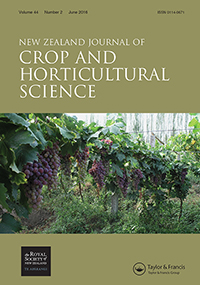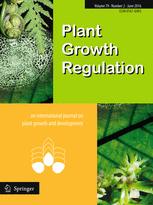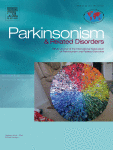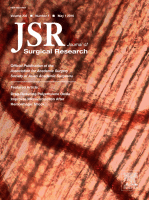 A biomaterials researcher has lost four more papers for figure-related issues such as duplications, bringing his total to seven retractions.
A biomaterials researcher has lost four more papers for figure-related issues such as duplications, bringing his total to seven retractions.
We previously reported on three retractions — two by the Journal of Controlled Release (JCR) — of papers co-authored by Hossein Hosseinkhani, who is currently based at the National Taiwan University of Science and Technology in Taipei. Now, the JCR is pulling four more studies that list Hosseinkhani as a co-author.
Here’s the retraction notice for “Enhanced expression of plasmid dna – cationized gelatin complex by ultrasound in murine muscle:” Continue reading Four more retractions for biomaterials researcher brings total to 7
 A vociferous advocate for correcting the literature — who has been
A vociferous advocate for correcting the literature — who has been 
 A bone researcher in Japan has logged his sixth retraction, after acknowledging he duplicated substantial portions of a 2011 paper and added “honorary” co-authors.
A bone researcher in Japan has logged his sixth retraction, after acknowledging he duplicated substantial portions of a 2011 paper and added “honorary” co-authors.
 JAMA and another journal in its network have retracted three 2005 papers about preventing hip fractures, after an admission of scientific misconduct.
JAMA and another journal in its network have retracted three 2005 papers about preventing hip fractures, after an admission of scientific misconduct. 


